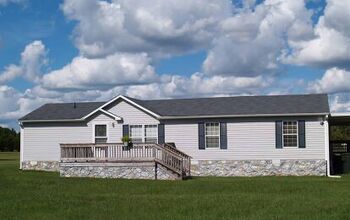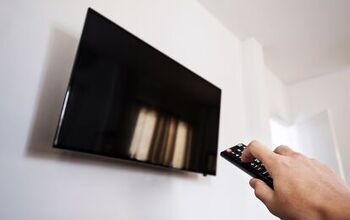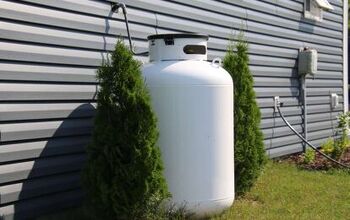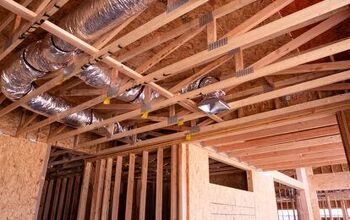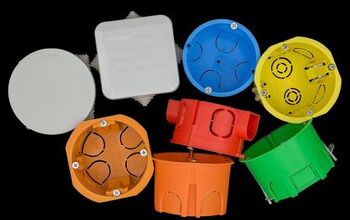Is A Landlord Responsible For High Water Bill Due To Leak?

Most tenants are required to put the water bill in their name and pay it on a regular basis. But what if the water bill you received was astronomical, even though you haven’t been using more water than usual? Could it be because of a leak, and are you required to pay, even if it was beyond your control?
The lease terms typically determine whether the tenant or landlord must pay a high water bill due to a leak. Landlords are required to provide plumbing in good condition that is free of leaks, so they must pay for repairs. If a landlord doesn’t repair the leak, the tenant may be able to have them pay the water bill.
This article will cover who is responsible for paying a high water bill due to a leak. It’ll go over various lease terms and how the cause of the leak impacts who pays. Plus, we’ll discuss how to figure out where a leak is coming from in your plumbing system.
Do You Need to Hire a Plumber?
Get free, zero-commitment quotes from pro contractors near you.

A Note On Local Laws
Depending on your location, local laws may dictate whether you (as the tenant) or your landlord pays the water bill. Laws and regulations vary widely from state to state, so it’s impossible to provide an answer that applies to everyone. This article is written to explain who is generally responsible if a leak leads to a high water bill.
What Does The Lease Say?
With a high water bill due to a leak, you should first review your lease. Often, the person who has the service in their name will be responsible for paying the bill. In other words, the person responsible for paying the water bill is generally expected to pay for the increased water bill.
However, there are exceptions to this rule. Sometimes, landlords include specific clauses stating that they are not responsible for higher water bills than normal. In this case, tenants will likely have to cover the cost.
But without this clause, tenants may be able to get the landlord to pay for the high water bill. This is especially true if the leak took place due to negligence on the landlord’s part.
If The Landlord Pays The Water Bill
If the landlord is responsible for the water bill in the first place, they’re responsible for the higher water bill. But if the tenant caused the leak, the landlord may keep their security deposit to pay for repairs. They may also take other actions against the tenant to cover the cost of the higher water bill.
Although the landlord may be responsible for the water bill, tenants must inform the landlord if there is a leak. In most cases, it’s easy to tell when a leak has occurred.
Tenants must let the landlord know about leaks as soon as possible so that they can rectify the issue. This way, landlords won’t have to pay more than they need to for water.
If The Tenant Pays The Water Bill
So, what if the lease states that the tenant is responsible for paying the water bill? Well, it depends.
Some landlords may require the tenant to cover it completely. Others may have the tenant cover the amount of a typical water bill, and the landlord will cover the rest. Often, this depends on the cause of the leak.
Use Of Water Vs. Water Lost Due To Leaking PipesMany landlords believe that the lease agreement only requires tenants to pay for their use of water. This does not include water that was lost due to pipes in poor condition. Many states have laws explaining that landlords must provide plumbing that is in good condition and free of leaks.
Because of these laws, landlords are responsible for paying to get the pipes repaired. They’re also responsible for paying the part of the bill that covers the wasted water due to the broken pipes.
Was It Out Of The Tenant’s Control?Tenants shouldn’t be responsible for pipe malfunctions outside of their control, especially if they promptly report them to the landlord. Since the tenant doesn’t own the home, any damages are really the owner’s problem, rather than the tenant’s.
What Caused The Leak?
The cause of the leak can play a part in who must pay for it. For example, if the tenant somehow caused the leak, then it makes sense that they should be held responsible.
But if the problem was old or shoddy piping, that’s really not the tenant’s fault. Therefore, the landlord should take responsibility.
Generally, the best course of action is for landlords to pay the higher bill, minus the tenant’s average bill amount. However, this is often left up to the landlord’s discretion. Unfortunately, this means that sometimes tenants will have to pay for high water bills, even if they weren’t at fault.
What If The Landlord Neglected To Fix The Leak?
Let’s say that you, as the tenant, let your landlord know about the leak immediately. Then, the landlord failed to take care of the leak. It continued to get worse, and now you’ve received an astronomical water bill.
Document All Communications
In this type of situation, tenants need to document all communications they’ve made to the landlord. They should also document the state of the leak with photos if possible.
In the case of the landlord not responding, sending a letter through certified mail is wise. This documentation will be the evidence and support needed if the issue ends up in court.
Obtain A Breakdown From The Water Company
Another thing that landlords and tenants can do is request a detailed breakdown of the property’s water usage. This can pinpoint when the leak took place and how much the leak ended up costing. It can also determine whether the tenant let the landlord know about the leak in a timely manner.
Ask For A Discount
Some water suppliers will provide a discount for bills that are especially high due to leaks. It never hurts to contact the water company and explain the situation. It may turn out that they’re willing to help by discounting the bill.
Steps To Take When The Water Bill Is Higher Than Usual
When the water bill is higher than usual, it’s essential to pinpoint where the extra water usage is happening. First, consider whether you’ve actually been using more water for any reason. If so, then a leak may not be to blame. But if you haven’t used more water than usual, follow the steps below.
Look For Leaks
Check all of the faucets, toilets, and under sinks for leaks. Then, look outside to see if there are any wet spots or pooling water.
Check The Meter
Go to the main water shut-off valve and turn it off. If the meter is still running, that indicates a leak. If the meter isn’t running, it may not be working properly.
Inspect The Sprinkler Timer
If you have an automatic sprinkler system, that may be the culprit for the high water bill. Ensure the timer is working and is set properly. Sprinkler systems often lead to high water bills in parts of the country where they’re commonly used.
Contact A Leak Detection Company
In the event that you can’t determine why the water bill is high, it’s time to contact a professional. Leak detection companies charge a few hundred dollars, but they tend to be better than plumbers at finding leaks. This is because they have specialized equipment that can pinpoint the exact place the leak originated.
Do You Need to Hire a Plumber?
Get free, zero-commitment quotes from pro contractors near you.

Related Questions
Is the landlord responsible for HVAC?
Unless the lease states otherwise, landlords are generally responsible for HVAC. While air conditioning isn’t required, landlords must maintain proper ventilation and heating.
Is the landlord responsible for mice?
It depends on who is responsible for causing the vermin infestation. If the mice were there when tenants moved in, then it’s typically the landlord’s responsibility. But if tenants caused the infestation, they may be held responsible.
Is the landlord responsible for the dishwasher?
If the landlord provides the dishwasher, they usually have to take care of any repairs. However, if the tenant caused problems with the dishwasher, they may have to cover the cost of repairs.

With a lifelong passion for writing plus strong enthusiasm for home improvement and DIY projects, joining the team at Upgraded Home was an easy choice. Jessica Allen likes to share helpful information with current and aspiring homeowners. Aside from writing, Jessica loves doing yoga, playing the piano, and dabbling in graphic design.
More by Jessica Allen



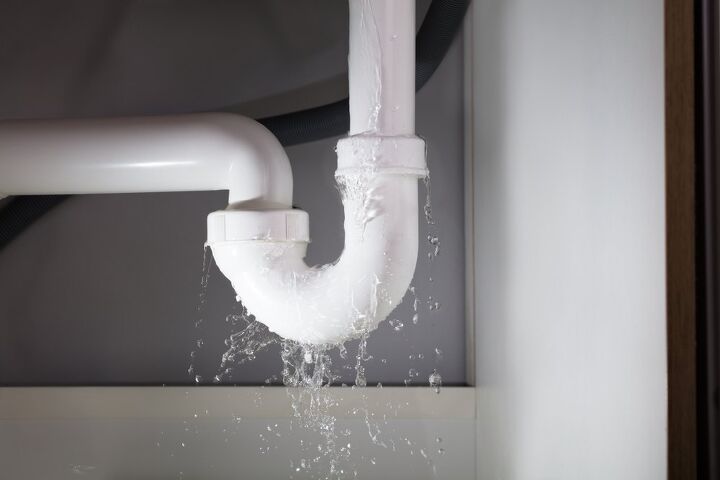






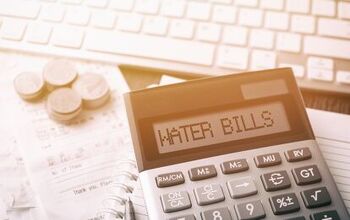
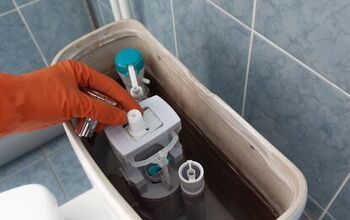


![10 Best Cordless Leaf Blowers – [2022 Reviews & Ultimate Guide]](https://cdn-fastly.upgradedhome.com/media/2023/07/31/9070789/10-best-cordless-leaf-blowers-2022-reviews-ultimate-guide.jpg?size=350x220)

